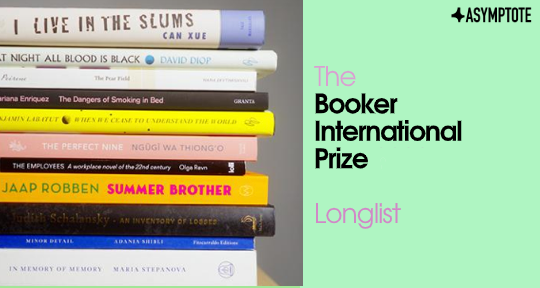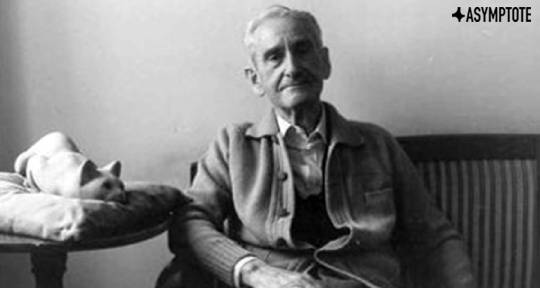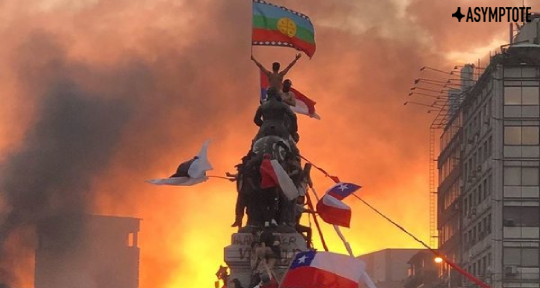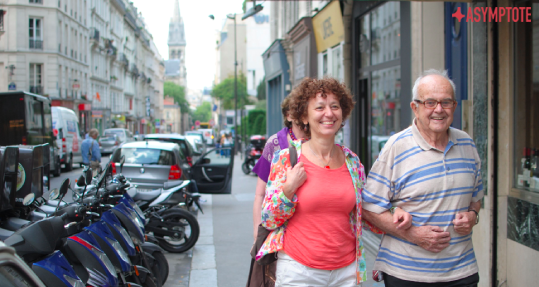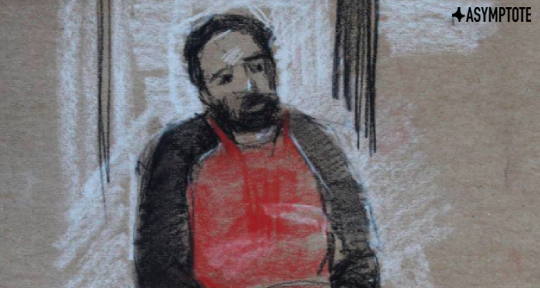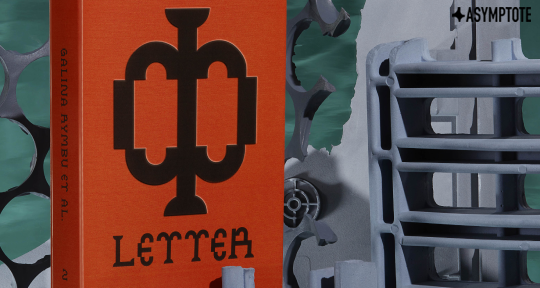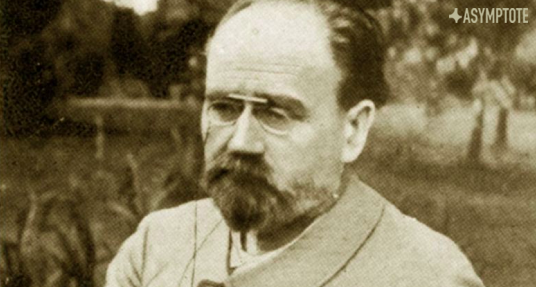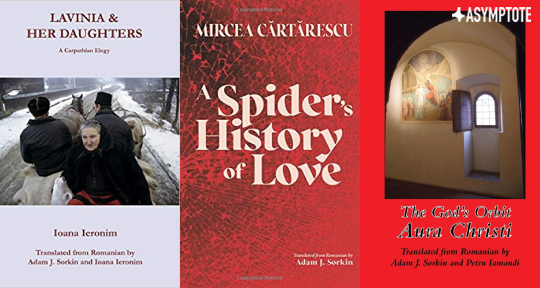The conspicuous absence of Tezer Özlü’s work in the English language is, to many readers of Turkish literature, a huge oversight. With precise, knowing style and modernist sense of bending convention, the lyrically humanistic nature of her prose propelled her reputation as a writer in deep dialogue with the specificities and absences of her place and time. Now, in anticipation of her Çocukluğun Soğuk Geceleri, soon to be released as Cold Nights of Childhood by UK publisher Serpent’s Tail, Matt Hanson gives us a glimpse at the themes of Özlü’s oeuvre, as well as how the sensitivities of her writing continue to carry through to present day.
In 1980, a Turkish novel appeared under the name Çocukluğun Soğuk Geceleri (Cold Nights of Childhood), written by one of the country’s most beloved writers. As the text reached the public, Tezer Özlü had just six years left to live, before breast cancer would take her life at the age of forty-three. Even amidst illness, she continued to influence European literature from its fringes as internationalist writers—entering the late twentieth century—continued to adapt modernist expressionism as representative of individual, universal humanism.
Özlü wrote mainly in her mother tongue of Turkish, yet her style, temperament, voice, and life aligned technically and thematically with the earlier German and Italian writers she admired, from the Joycean experimentalism of Italo Svevo to the singular meta-fictions of Franz Kafka; yet, it was the atheistic loneliness of Cesar Pavese who inspired her to end her last book, Yaşamin Ucuna Yolculuk (Journey to the End of Life)—first published in German two years before her untimely death—in the very hotel room where he committed suicide. Along with the aforementioned, her four books, issued by Turkey’s prestigious publishing house Yapi Kredi, include a collection of letters with fellow lifelong comrade in literature Leyla Erbil, and a complete works edition of a plays, prose, and translations prepared by her sister, Sezer Duru.
In the last four decades, Özlü has not faded from the literary landscape of young readers. Between her books, the thirty-five printings of Yaşamin Ucuna Yolculuke are only outmatched by the thirty-eight printings for Çocukluğun Soğuk Geceleri. She is known, adoringly, as the melancholic princess of Turkey by the youngest generation of readers (such as the editor Dilara Alemdar), and as the wild child of Turkish literature by experts (such as NYU Turkish literature professor Sibel Erol). READ MORE…


